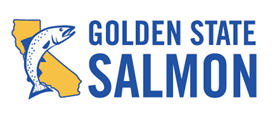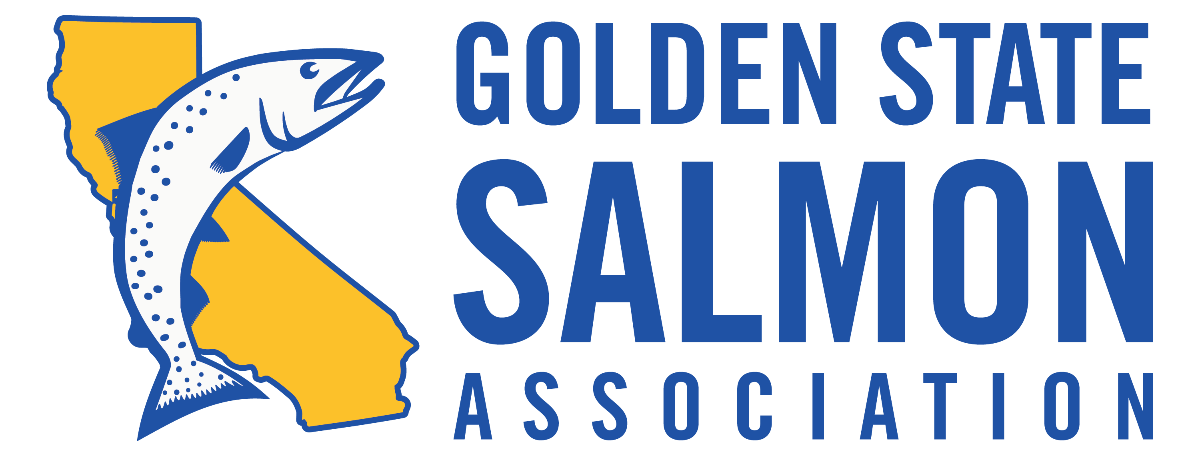From Sportfishing
Fish Report for 4-28-2021

After GSSA Request, Hatchery Salmon Release Scheduled in Bay
4-28-2021
GGSA Staff
After GSSA Request, Hatchery Salmon Release Scheduled in Bay
Agencies responding to drought threat to save salmon
The Golden Gate Salmon Association is a coalition of salmon advocates that includes commercial and recreational salmon fisherman, businesses, restaurants, a native tribe, environmentalists, elected officials, families and communities that rely on salmon.
GGSA’s mission is to restore California salmon for their economic, recreational, commercial, environmental, cultural and health values.
Currently, California’s salmon industry is valued at $1.4 billion in economic activity annually in a regular season and about half that much in economic activity and jobs again in Oregon. The industry employs tens of thousands of people from Santa Barbara to northern Oregon. This is a huge economic bloc made up of commercial fishermen, recreational fishermen (fresh and salt water), fish processors, marinas, coastal communities, equipment manufacturers, the hotel and food industry, tribes, and the salmon fishing industry at large.
< Previous Report Next Report >
More Reports

3-12-2021
Heavy Fishing Season Restrictions Likely for 2021 Salmon Season Low salmon numbers linked to water use imbalance San Francisco, CA -- Officials with...... Read More
2021 CDFW Annual Salmon Information Meeting February 25, 2021 10:00 am – 4:00 pm Webinar The 2021 California Department of Fish and Wildlife (CDFW) Salmon Information Meeting marks the beginning of a two-month long public process used to develop annual sport and commercial ocean salmon fishing regulations. The process involves collaborative negotiations with west coast states, federal agencies, tribal co managers, and stakeholders interested in salmon fishery management and conservation. Public input will help California representatives develop a range of recommended season alternatives during...... Read More

Website Hosting and Design provided by TECK.net